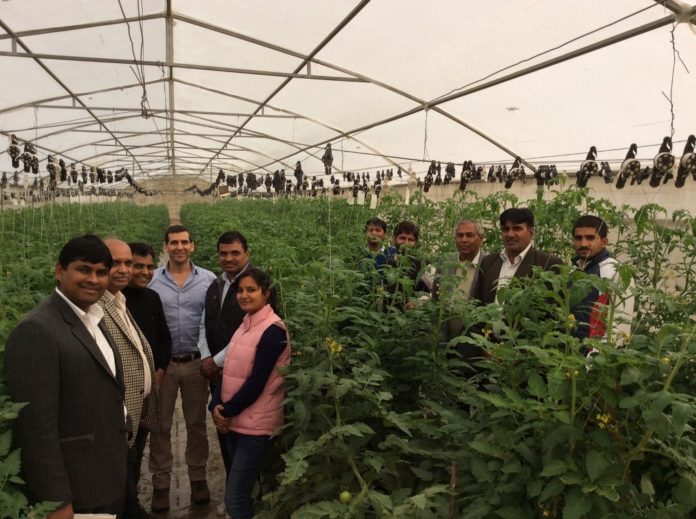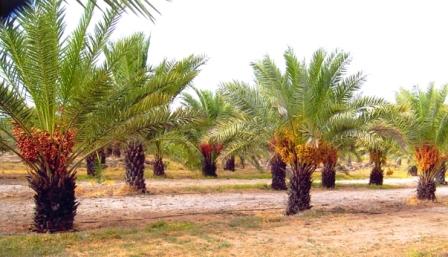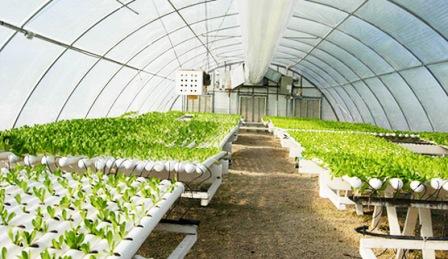
Moved by the idea of making Rajasthan a progressive, fast-developing state in India, Rajasthan chief minister Vasundhara Raje launched the concept of CoEs. Center of Excellence for Agriculture was launched to boost monetary opportunities and growth in the state. Within a span of just 3 to 4 years, many CoEs were launched to felicitate more opportunities in the field of agriculture.
In 2014, A Chennai-based tractor company TAFE (Tractors and Farm Equipment) invested Rs 970 crores in an advanced agri-research center ‘JFarm Rajasthan’ and several CHCs (Custom Hiring Centers) across six zones in Rajasthan. A special MoU was signed between Rajasthan government representatives and TAFE organization during GRAM 2016.

Spread over a vast region of 50 acres, JFarm was furnished with advanced agricultural technologies, customer experience centers and a skill development center. As per Mallika Srinivasan (CEO & Chairman, TAFE), the center was built to display the best agronomy practices and mechanization trends in agriculture. With the successful setup of JFarm, the government is set to create 4000 new jobs and 900 entrepreneurship projects that will transform the lives of 5 lakh farmers. The organizers aim at partnering with 900 farmers, in the hopes of turning them into entrepreneurs.
In 2015-2016, Rajasthan agriculture department launched center of excellence having specialization in different branches of agriculture. Individual centers were opened in Kota, Chittorgarh, Bundi and Sawai Madhopur for growing different fruit and vegetable varieties including oranges, custard apple, guava, olives and dragon fruit. These centers didn’t just experiment with different varieties, but also implemented superior technologies in irrigation, water conservation, and harvesting, adapted from our partner countries like Israel, Singapore, and Japan.

As a result of these efforts, Rajasthan witnessed considerable improvement in the field of agriculture. Today, the state takes pride in its copyrighted ‘Sadabahar’ mangoes and 24 varieties of oranges that are indigenously produced at the center. Not only this, the state produces its first indigenous oil variety known as ‘Raj olive oil’. The government provides subsidy on the olive plantation in 11 arid, semi-arid districts in the state.
The department of agriculture and horticulture is planning to collaborate with other states and nations to exchange ideas on farming and animal husbandry. These are some major landmarks set by the state in the agricultural sector. These outcomes have a positive impact on the growth of farmers. Today, every farmer in Rajasthan looks forward to bright and stable opportunities in agriculture—a promise made by Rajasthan government, who’s aiming at doubling farmer incomes before 2020.







